Startups used to only need product and market fit. But in today’s world of global fragmentation, the third requirement is diplomacy.
Whether it is a founder building in AI, a fund raising across borders, or a tokenization startup navigating securities law, the job increasingly involves soft power. Building trust across institutions. Reading political signals. Knowing when to push, and when to disappear quietly.
Venture is no longer isolated from geopolitics. Regulation is becoming more extraterritorial. Data is a national security issue. Capital is increasingly coming from sources with strategic intent.
Founders who ignore this do so at their own risk. But the best ones adapt. They speak at summits, not just pitch days. They understand sanctions frameworks. They know the difference between recognition and access — and how to get both.
At Hevea Capital, we have started looking for exactly that. Not just technical ambition. Diplomatic fluency. The ability to navigate trade zones, comply with overlapping jurisdictions, and still build something clear.
I also believe that cultural institutions matter more now than they did ten years ago. When an investor is also a patron of the arts or affiliated with a policy think tank, that is not vanity. That is network signaling. It is access to conversations that move slowly, but decisively.
Soft power is no longer abstract. It shows up in term sheets. In fundraising rounds. In boardrooms where the fastest option is not always the smartest one.
And as the world becomes more fragmented, I expect the investors and founders who succeed globally will be the ones who move between policy, capital, and culture without losing credibility in any of them.







